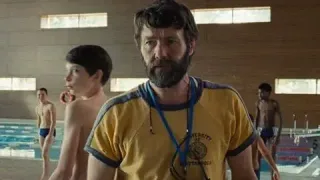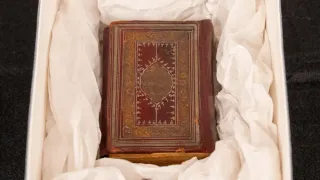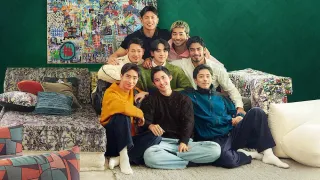May 12, 2015
'Scary Lucy' Statue to be Part of New Comedy Center
Bobby McGuire READ TIME: 1 MIN.
CELORON, N.Y. - A statue of Lucille Ball in her western New York hometown may not be very flattering, but it sure is funny.
The "Scary Lucy" statue has made enough people laugh to earn a spot in the new National Comedy Center breaking ground soon.
Chairman Tom Benson says the center will embrace the statue not as a likeness of the late comedian but as a tribute to what she was about - making people laugh.
The Celoron Village Board voted Monday to give the statue to the center, expected to open next year in nearby Jamestown.
The bronze sculpture was unveiled in 2009 in Lucille Ball Memorial Park. Critics say it looks nothing like the "I Love Lucy" star.
It gained attention after the launch of a Facebook campaign called "We Love Lucy! Get Rid of this Statue."






